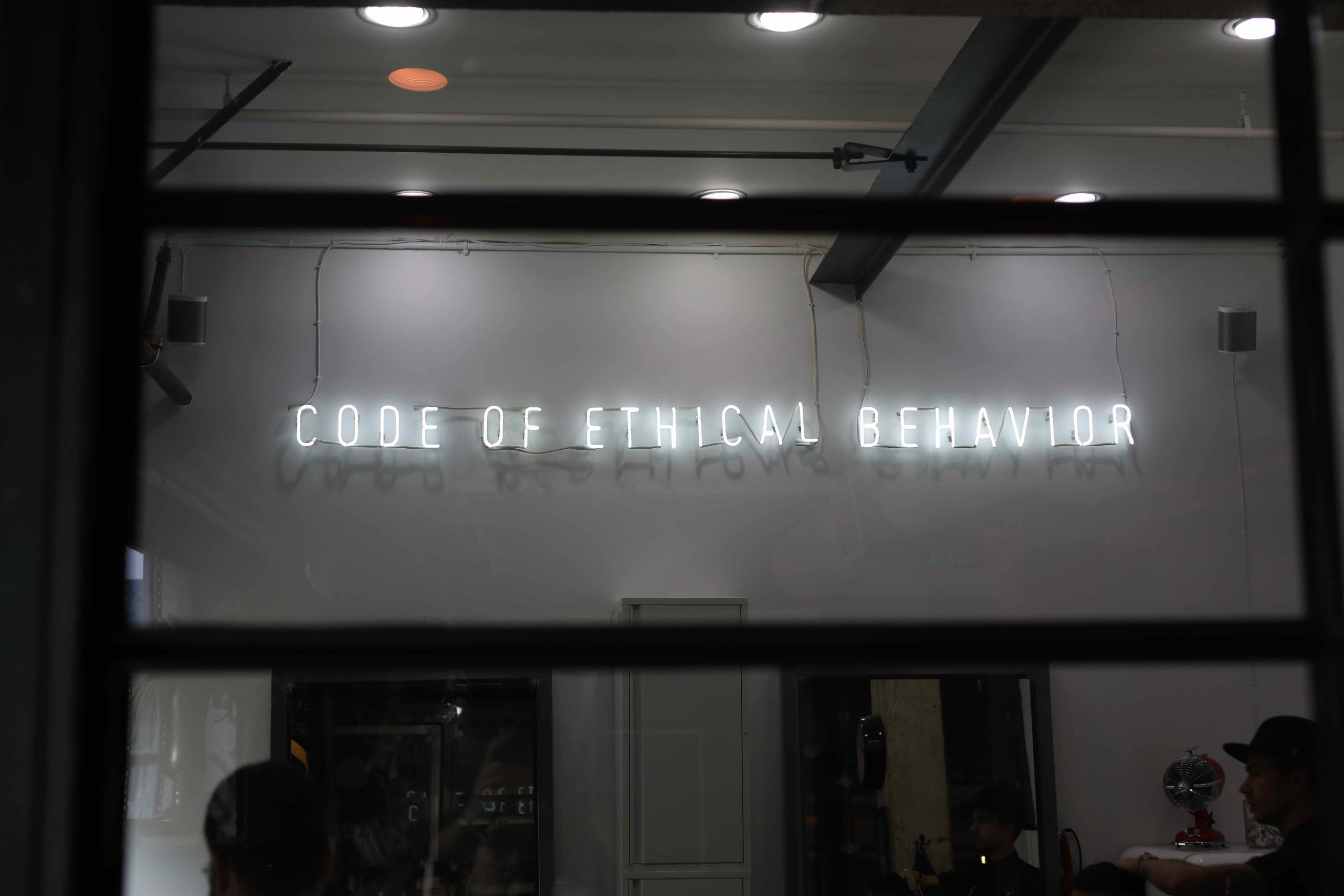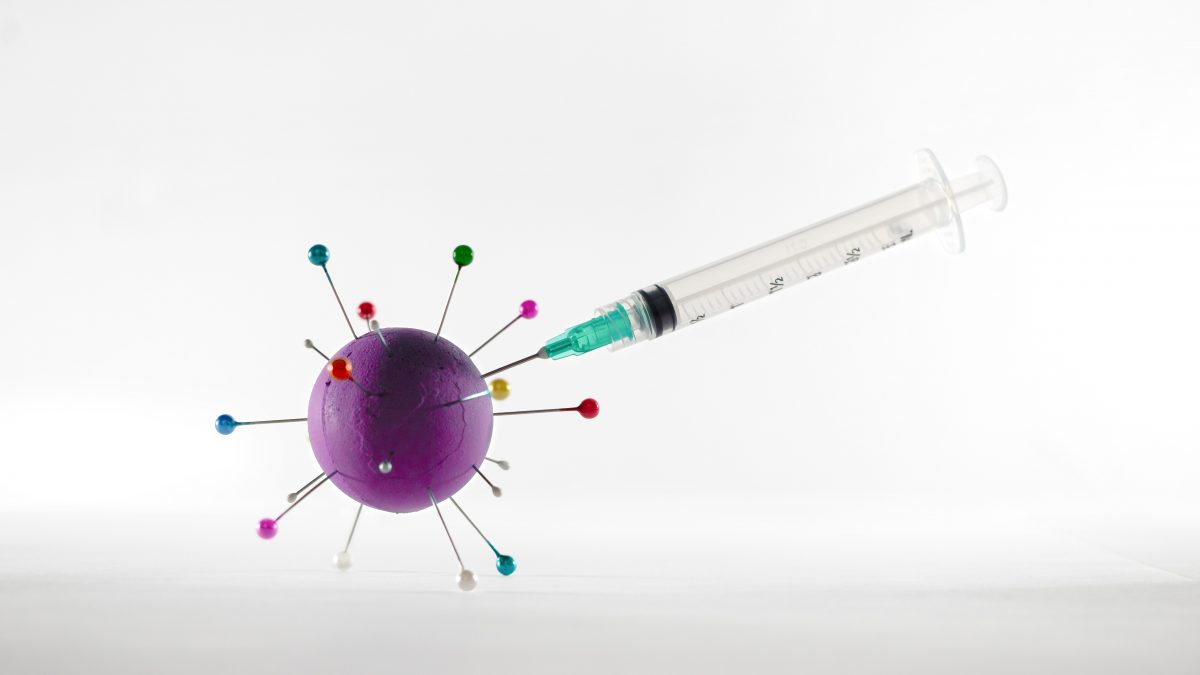
Reforming legal aid: does it have a future?
August 15, 2021
What should businesses prioritise: social responsibility vs commercial interests?
August 22, 2021Introduction
The Covid-19 pandemic has accelerated change in the pharmaceutical industry. A notable example is the successful implementation at scale of technologically novel ribonucleic acid (RNA) Covid vaccines, the product of recent advances in RNA cellular delivery and stability.
RNAs are complex molecules, consisting of strings of nucleotides, whose subclasses perform diverse cellular functions. The BioNTech/Pfizer and Moderna vaccines contain messenger RNA (mRNA), encoding viral proteins that trigger the reactions leading to immunity (antigens).
The State of the Art
RNA therapeutics have been a major focus of pharma research, but progress has been frustrated by RNA decay. To overcome this, the Pfizer and Moderna vaccines contain modified nucleotides, causing a reduced innate immune response (a limb of the immune response that degrades foreign RNAs – separate to that which is utilised in vaccine-generated immunity). Meanwhile, CureVac is augmenting mRNA with structural motifs to enhance stability and effectiveness. Imperial College London, Precision Nanosystems, and Arcturus are working on self-amplifying mRNA, utilising viral genes. Such innovations are essential to making production cheaper and more scalable, since they permit lower RNA doses.
Lipid nanoparticle development has progressed to enable cell type-specific and efficacious delivery of RNA. Arcturus has protected its nanoparticle technology with a firewall of layered patents. Moderna has patented the chemical structure for its nanoparticle with a half-life of hours that mitigates safety concerns.
RNA vaccines have a number of advantages over conventional vaccines. They are quicker to develop and simpler to make. Also, they can be rapidly modified to contain a new antigen sequence. RNA vaccines are safer: they cannot insert into the genome as they never enter the nucleus. The delivery mechanism is non-immunogenic, so the same system can be administered to an individual repetitively.
A drawback of RNA vaccines is a need for cold storage, making rural and third-world locales potentially inaccessible. RNA decay mitigates attempts to produce single-shot RNA vaccines. It is possible that this success of RNA vaccines on the first attempt was unrepresentative luck.
The Commercial Implications of RNA Covid Vaccines
Investors have taken notice of the possibilities that RNA therapeutics provide. The mRNA vaccine company Translate Bio was recently purchased for $3.2bn by Sanofi, causing its share price to soar. In July, Moderna joined the prestigious S&P 500. Moderna and Translate Bio both have a flu vaccine in their pipelines. Vaccines rarely induce total immunity to a disease, and even after the current pandemic is under control, coronavirus may reappear in sporadic waves. In this event, combined vaccines will be offered for seasonal strains of both Covid and the flu: a lucrative prospect.
The case of Moderna exemplifies the pharma industry disruption instigated by RNA technology and the pandemic. RNA therapeutics are simple, lowering the cost barrier to entry and allowing start-ups to rival large corporations. Pfizer and Moderna sidestepped the hurdle of scaling up in-house production through industry-atypical subcontracting. There has been unprecedented data sharing between teams and companies.
RNA therapeutics will likely change the dynamics of the pharma industry. Their potential to target previously unreachable chemical pathways could accelerate the historically slow sector growth. The speed at which therapeutics come to market may become a more salient point of strategy. RNA will enable a design strategy that identifies a problem and designs a custom solution, like a tech company. Many money making patents are set to expire in this decade and a search is underway to find new sources of revenue.
The Vaccine Patenting Debate
Vaccine makers face a debate surrounding the ethics of patenting Covid vaccines. The USA and many third-world countries support a proposed World Trade Organisation temporary patent waiver, but Europe remains opposed. Company reputations could be damaged by the assertion that patents prevent low-income countries from initiating domestic vaccine production and thus cost lives. Though many Covid vaccines are not subject to any patents, the mRNA vaccines are a key battleground of this debate. This may be because it is uncertain whether the nature of the technology would be more or less amenable to production by poorer countries. The atmosphere of uncertainty about the security of patents could stymie investment.
Moderna announced that it will not prosecute patent infringement of its Covid vaccine during the pandemic. Its patents result from a decade’s work, developed primarily in view of oncological applications. Moderna’s advantage has not been annihilated by the move; trade secrets are crucial to large molecule therapeutics production, contrasting simpler small molecule production.
Lastly, it is possible that Covid vaccine makers will be targeted with human rights lawsuits concerning the differing vaccine prices negotiated with different jurisdictions, as this may violate the right to health.
Conclusion
While the rapid production of Covid vaccines has likely raised the public perception of pharma companies, they now walk a fine line between profit and purpose. Having entrusted the industry with a large civic responsibility and significant funds, governments may expect a socially minded tone of corporate governance.
The pandemic has eliminated doubts about the value of RNA therapeutics. Their potential exceeds vaccine production since they promise versatile and specific modification of biochemical processes. Existing drug companies must capitalise upon this technology to maintain relevance, yet this may conflict with their preference for conservative implementation strategies. While Covid has changed every industry, its effect on the pharmaceutical industry may prove to be the most profound.





